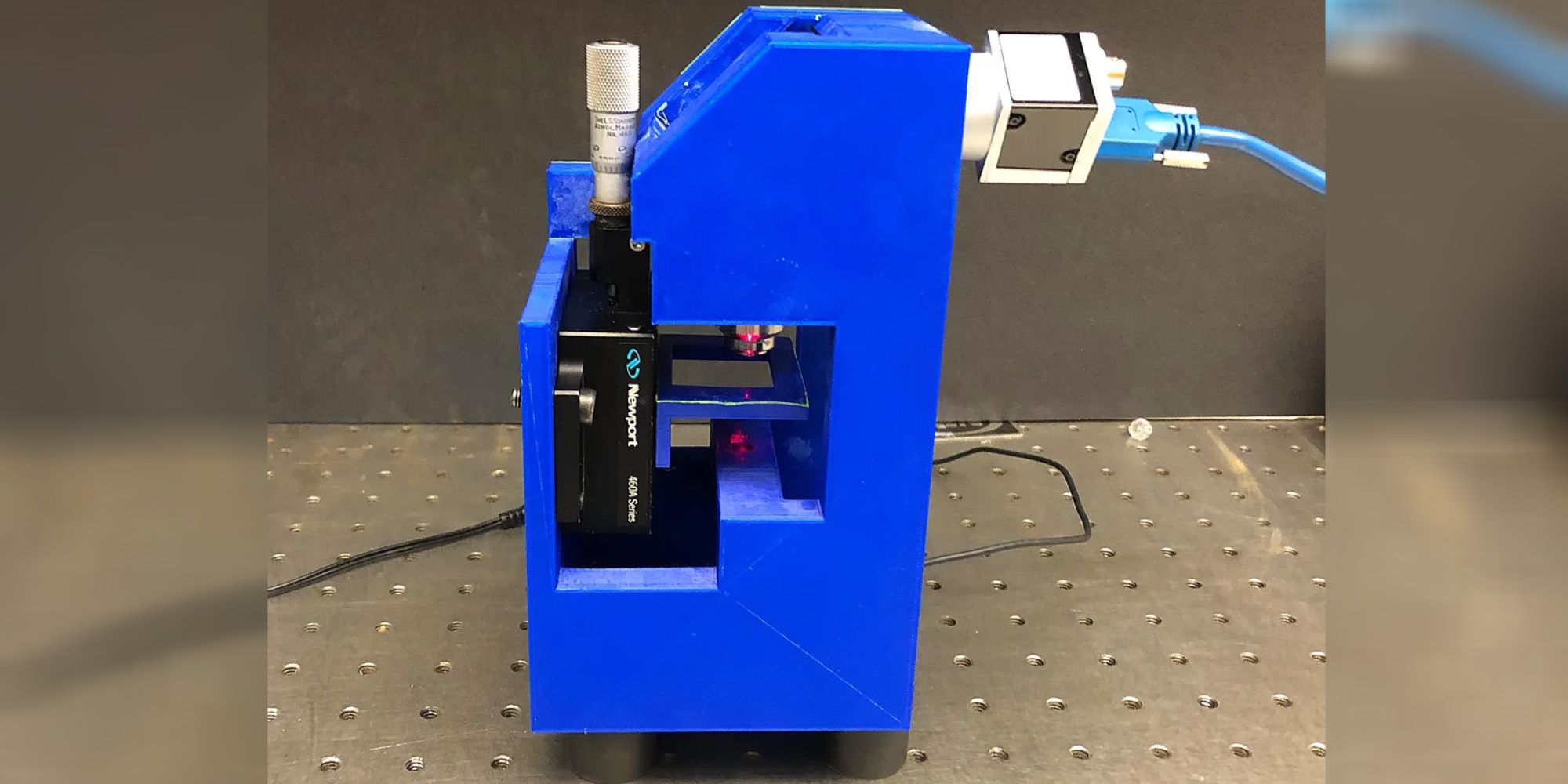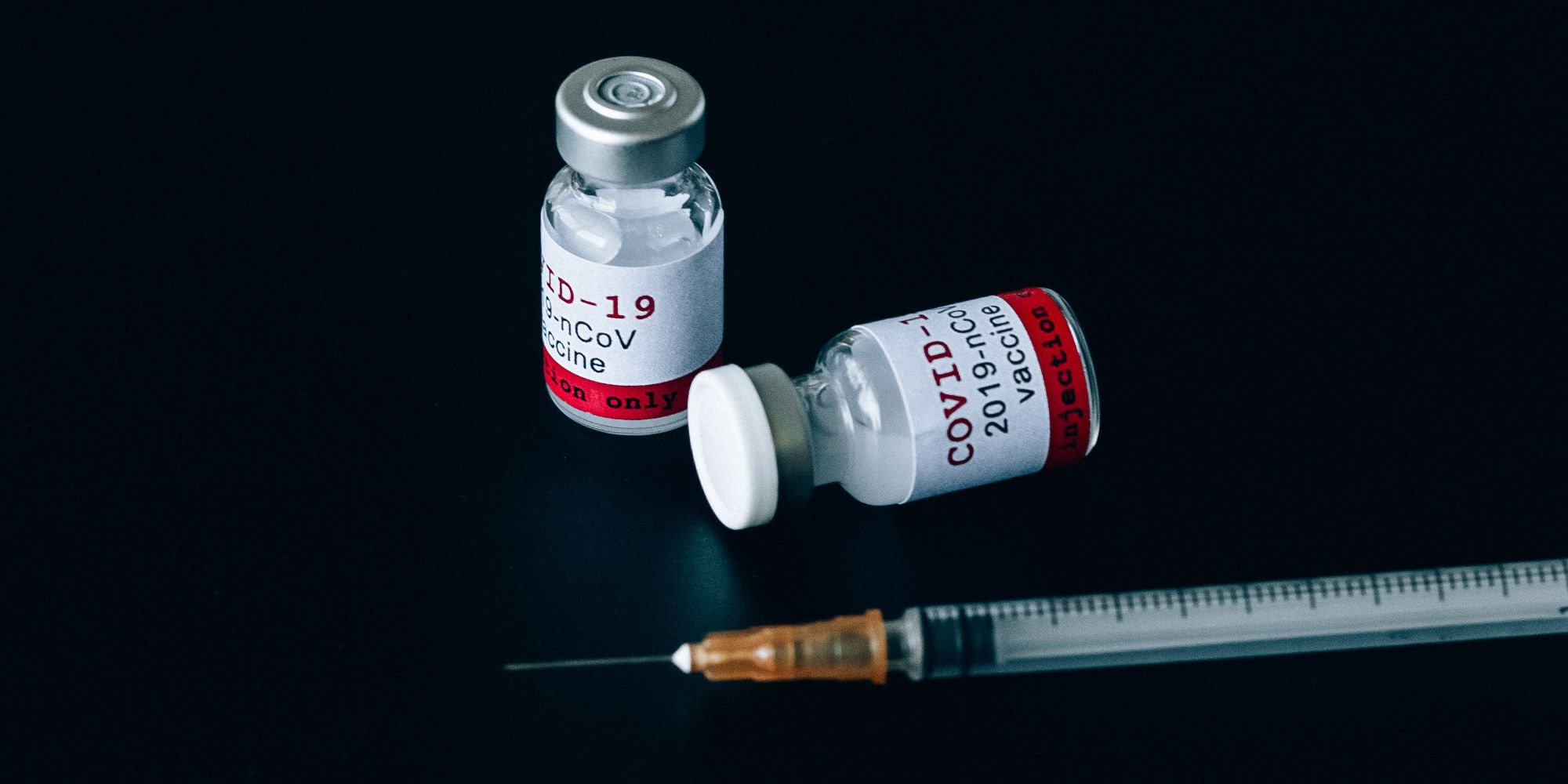Researchers at the University of Connecticut in Storrs are reportedly working on a partially 3D-printed microscope that can detect Covid-19 in blood in a matter of minutes. If the technology does make it past the concept stage, it could offer a massive boost to Covid testing and help shorten the time required for an accurate diagnosis, possibly saving lives and at the very least helping patients get treatment sooner.
More than a year and a half after the world got acquainted with Covid-19, testing for the complex and deadly disease remains a time-consuming process. RT-PCR tests, the gold standard in Covid testing, can often take days before returning a diagnosis, which creates problems for both the patient and their caregiver. The UConn team is hoping that their research can help simplify and speed things up, and do so while remaining affordable and accessible, even in developing countries.
According to a research paper published by the researchers, the device would be able to perform rapid screening of human red blood cells to detect active infection of COVID-19 using a compact and field-portable 3D-printed shearing digital holographic microscope. The research team is led by Bahram Javidi, the director of the Multidimensional Optical Sensing and Imaging Systems Lab at the University of Connecticut. His colleagues include Dr. Bruce T. Liang, dean of the university's school of medicine; Timothy O'Connor, a biomedical engineering grad student; and Dr. Jian-Bing Shen, a physician at the university's medical center. As part of Javidi's plans to keep costs in check, the microscope itself is built out of low-cost and readily available components, while the body is 3D-printed. The regular components include a camera, a laser diode, an objective lens, a glass plate, and a CMOS image sensor.
Speedy Covid Testing
As for the testing technology, it leverages changes in the blood cells of Covid patients, such as significantly lower hemoglobin and hematocrit levels, to identify healthy folks from infected ones. According to the research paper, the modus operandi for testing using the novel technology includes recording video holograms of thin blood smears, while individual red blood cells are segmented for feature extraction. The technology then uses a "bi-directional long short-term memory network" to differentiate between healthy and Covid-positive red blood cells, thereby identifying infected individuals based on the simple majority of their cells' classifications.
Talking to IEEE Spectrum, Javidi said that he started the project to help stop the spread of the coronavirus in developing countries that have limited resources to fight the disease. "I wanted to find a way to quickly test for the virus from a droplet of blood using an affordable, portable, and rapid disease-identification system", he said. The under-development technology uses digital holographic microscopy, which leverages holography and deep-learning to detect Covid-19 in blood.
If Javidi and his colleagues have their way, accurate Covid-19 diagnosis might become significantly faster and cheaper going forward. The technology has already been able to successfully identify malaria, diabetes, sickle-cell anemia, and other diseases through blood samples, and the researchers are hoping that it would stand up to the real-world test in the case of Covid-19 as well.
Source: NIH, IEEE Spectrum


